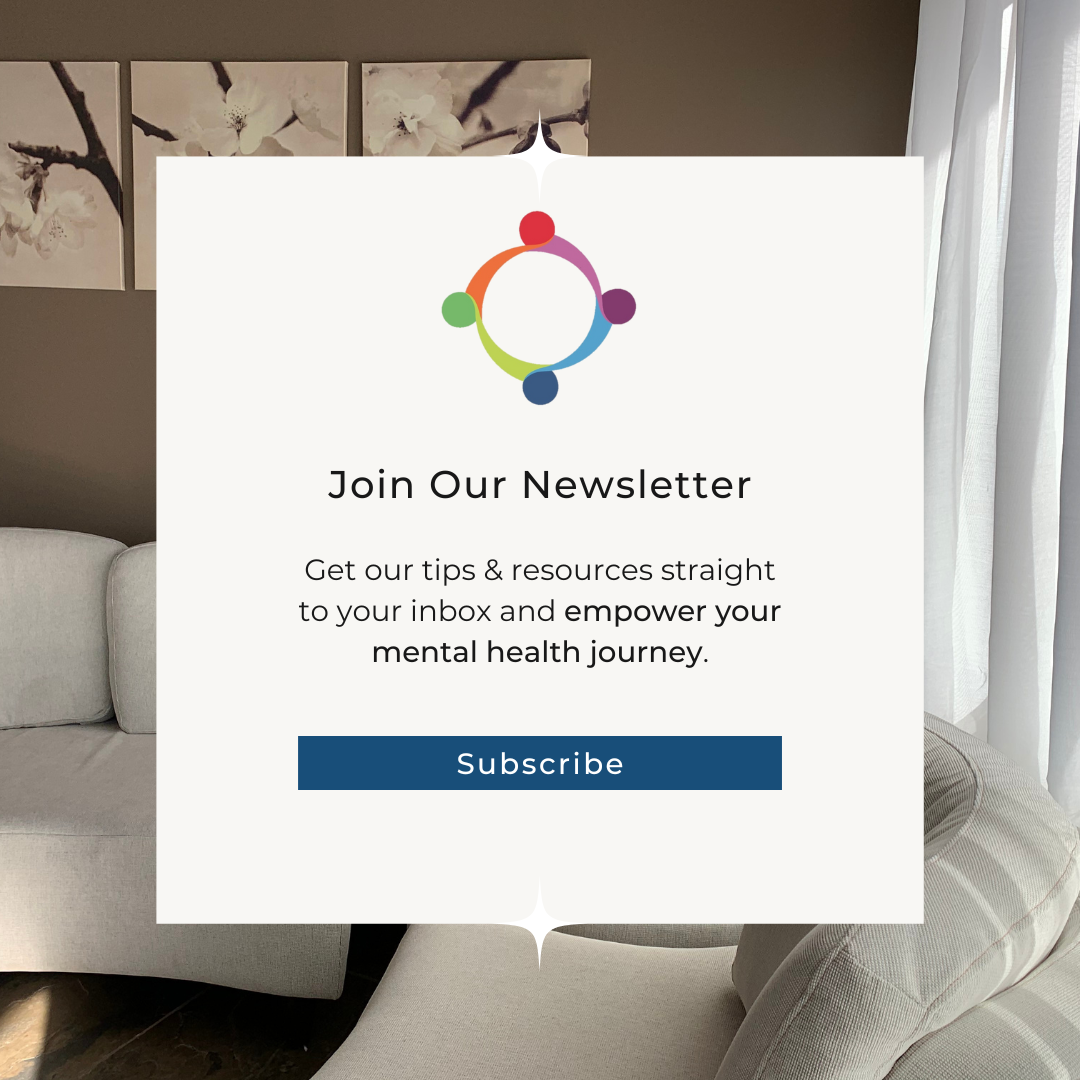What is Dialectical Behavior Therapy (DBT)?
Dialectical Behavior Therapy (DBT) is a cognitive behavioral treatment that was originally developed to treat chronically suicidal individuals diagnosed with borderline personality disorder (BPD), and it is now recognized as the gold standard psychological treatment for this population. In addition, research has shown that it is effective in treating a wide range of other disorders such as substance dependence, depression, post-traumatic stress disorder (PTSD), and eating disorders.
What is Cognitive Behavioral Therapy (CBT)?
Cognitive behavioral therapy (CBT) is a short-term, goal-oriented psychotherapy treatment that takes a hands-on, practical approach to problem-solving. Its goal is to change patterns of thinking and behavior that are behind people's difficulties, and by doing so to change the way they feel.
Do you accept insurance?
Our Center requires direct pay, where clients are responsible for full payment of services rendered at or before the time of service. A detailed receipt of services can be provided for submission to your insurance, for possible reimbursement. This practice was instituted after carefully considering our client care goals, as it provides several benefits by:
- Removing the hurdle of pre- and re-authorization for services.
- Improving client privacy, as UCEBT will not share diagnoses and treatment data with your insurance provider.
- Enabling your clinician to identify and implement care that is based on your needs rather than dictated by your insurance coverage rules.
- Supporting our clinicians to maintain reasonable sized caseloads and meet our standards for exceptional care.
What is sliding scale?
Sliding scale is a flexible scale of fees adjusted according to client need. We offer sliding scale with our student doctoral trainees and post-doctoral fellows who are not yet licensed and therefore ineligible for insurance reimbursement.
Why have I been matched to a doctoral student or postdoc?
You may have been matched with a doctoral student or post-doc based on preferences you mentioned in your screen. Our students and post-docs are highly qualified individuals with masters degrees and who have been trained in evidenced based treatment methods.
What is evidence based treatment?
Evidence Based Psychotherapy is a set of research-tested therapy interventions that are proven to reduce symptoms and improve quality of life. To effectively provide these types of therapy, therapists must obtain advanced specialty training while under close supervision. There are many types of evidence based treatments, but common elements include beginning with a thorough initial assessment, the teaching specific skills, tailored outside of the session exercises, and tracking client outcomes. Evidence based psychotherapies typically have clear targets, a timeline for treatment, and the ultimate goal of enabling the client to thrive without the need of long-term therapy support.
Do you have a waitlist?
We strive to minimize the time between your first contact and beginning treatment, but it is not uncommon for a number of our providers to have a waitlist. The length of time will vary throughout each year, depending on time of year, individual provider selected, the client’s scheduling limitations, and other client preferences.
Why do you have a waitlist?
UCEBT clinicians keep smaller caseloads than many other community agencies, which may increase wait times. This is done to maintain our standards for quality and reflective practice, allowing time for consultation with a clinical team or the literature. We also begin with a very thorough psychological assessment to inform and tailor the client’s treatment plan.
Why can’t you admit patients who are in crisis?
Occasionally we receive urgent requests for treatment from individuals in crisis (i.e. require rapid access to mental health care for their safety or welfare). Because we utilize a deliberate assessment and treatment matching process that takes time, individuals in crisis will be referred to outside speciality organizations such as the National Crisis Hotline (1-800-273-8255), the University Mobile Crisis Outreach Team, or their nearest Hospital Emergency Room.
How is your center different than other centers?
Therapists within an evidence based practice are held to a high standard of care. Our therapists read and contribute to the scientific literature on psychotherapy, psychological problems, and well-being. We collect data during therapy for the purposes of improving communication and treatment outcomes. We believe that this increases the likelihood of providing helpful therapy that leads to sustained benefit for our clients.
What are your therapists' qualifications?
All of our therapists have at minimum completed their master's degree in a mental health oriented field and most have gone on to earn their doctorate. They also have pursued advanced training in specialty Evidence Based Treatments. See our Primary Staff tab to learn more about us.
Do you have groups other than DBT?
UCEBT does run non-DBT groups periodically, provided we have enough interested clientele (e.g. Self-compassion, Mindfulness, Acceptance and Commitment Therapy). Check in with us at 801-419-0139 to get the most updated information on current groups we are running.
What is the 24-hour cancellation policy?
Our policy requires cancellation of appointments no less than 24 hours prior to the appointment. We charge the full fee for the appointment upon late cancellation or a no show.
Do you have any providers that speak other languages?
Yes! We value diversity among our team. We currently have staff who are fluent in Spanish and American Sign Language.
How do I get started in treatment?
To get started, visit the ‘getting started in treatment’ tab where you will find a link to our prospective client questionnaire. This questionnaire allows us to learn more about you and why you are seeking treatment so we can get you matched with the appropriate provider. After the screen is complete, you’ll receive a follow-up call from our Client Care Manager with your next steps.




